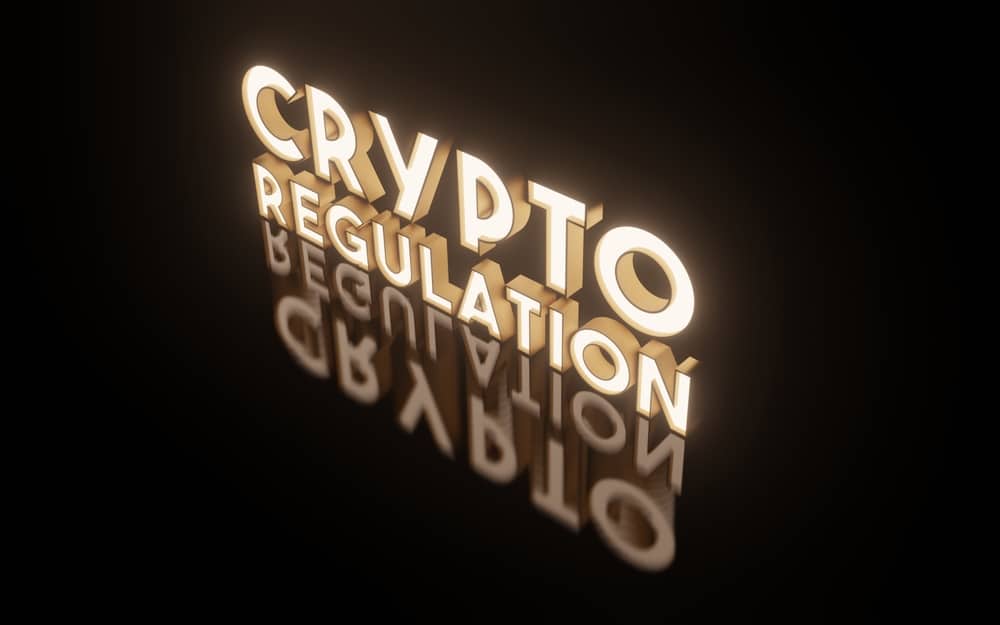Governor of South Dakota Rejects ‘Crypto Banning’ Bill
The Government in South Dakota, US led by Governor Kristi Noem has rejected legislation aimed at banning crypto in the state.
The rejected bill came from the US House under the title ‘Bill 1193’ which the House had claimed was an amendment to the ‘Uniform Commercial Code’.
The Governor informed on Friday that she had disallowed and rejected the bill by utilizing her veto power.
According to the Governor, Bill 1193 was against the public interest as it wanted to curtail their freedom to engage with cryptocurrencies.
Causes for Rejecting the Bill
Governor Noem explained that the legislation contained a definition of ‘money’ which did not take into account cryptocurrencies as well as assets.
She noted that instead of digital currencies and assets, the concept of CBDC was incorporated into the definition of ‘money’.
She further claimed that the 100+ pager bill was disguised as an ‘amendment to UCC’ while in reality, it was against cryptocurrencies.
Governor Noem also criticized financial institutions which supported the bill in its present form. She claimed that banking institutions have put in line their credibility by supporting the bill.
She stated that the banks are trying to run away from the competition with the crypto industry which primarily favors the public.
The cryptocurrency industry has been offering the public what they have wanted for years from the traditional financial sector.
However, the banks have always tried to prove their loyalty to the governments and thus, they are not favoring the public at all.
Objectionable Amendment to the Definition of ‘Currency’
South Dakota’s Governor also took serious note of the ‘currency’ definition and regarded the same as ‘objectionable’.
She noted that the word ‘currency’ was defined to mean a currency that is entirely backed by the central bank.
Clearly, therefore, CBDC can be a ‘currency’ but none of the cryptocurrencies can be regarded as such, explained Noem.
She explained that under the legislation all cryptocurrencies, whether it be Bitcoin or Ethereum, are unrecognized and hence liable to be banned.
She argued that the legislation was a direct attempt in taking away the public’s freedom.
She claimed that South Dakota is the US’s first state which gave a thorough reading of every provision of the proposed legislation.
While using her veto power, she straightforwardly rejected the proposed bill on the pretext that it goes against the public interest.
Bill Is Due for Consideration by an Additional 20 States in the US
In the end, Governor Noem stated that the said bill is due for consideration by at least 20 further states in the US.
She has urged the twenty states to give a thorough reading of the proposed legislation before jumping to a conclusion. They must go through the bill and see what it is offering to the public.
It must have the aspects to support the public and not the traditional financial system. These should be the key requirements in the bill before it is accepted.
She appealed to her colleague Governors not to support the bill as it allows the Federal Government to wield unnecessary power.
She stated that the Federal Government wants to control the will of the people, particularly those who are keen on digital assets.
She claimed that the intention of the bill for improving the UCC guidelines is an attempt to hide the real intent. The sole purpose of the legislation is to deprive Americans of the right to benefit from the digital asset industry.
She further suggested that CBDC erodes the freedom which the use of cryptocurrencies has brought them.
In this context, she even went on to show her protest against the proposed legislation on Twitter. She urged the heads of the twenty states to disapprove of the law as it amounts to infringing the rights of Americans.

